Djukanovic defeated after thrilling election battle
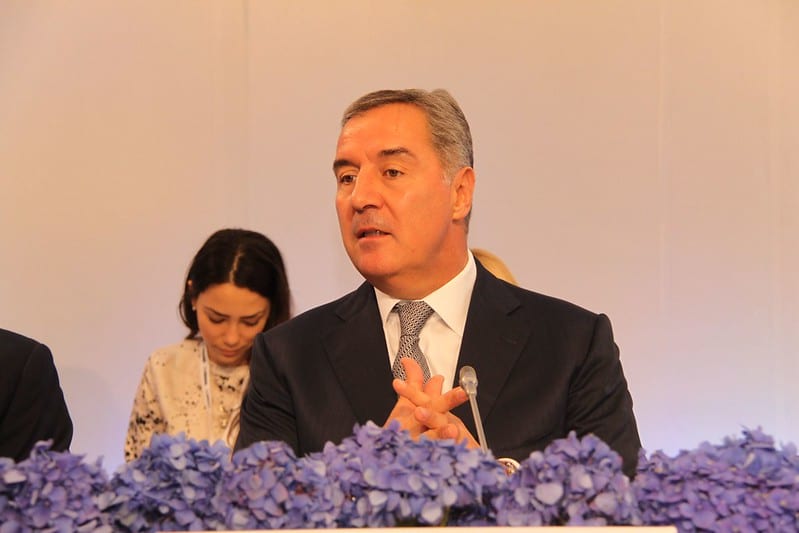
In Montenegro, voters went to the polls last Sunday. It was an exciting election day, as the opposition coalition 'For the Future of Montenegro' was neck-and-neck with the Democratic Party of Socialists (DPS), which has been in power for 30 years. For voters, it was a choice between this pro-European party in power and the pro-Serbian and Russian opposition coalition. 75.9% of registered voters cast their vote, the highest turnout Montenegro has ever had since the introduction of the current electoral system. There was confusion after the first exit polls, as the DPS and the opposition coalition said: that they had gained enough seats in parliament to form the next government. In the end, the opposition coalition along with other opposition parties turned out to have enough seats to form a new majority.
Online Political Café: the future of Belarus

There is something unusual going on in Belarus (Belarus). Presidential elections were on 9 August and once again Lukashenko, who has been in power since 1994, won the election. But, the population is moving and speaking out and the regime seems to be under pressure more than in other years.
#westandBYyou: against repression and for fair elections in Belarus
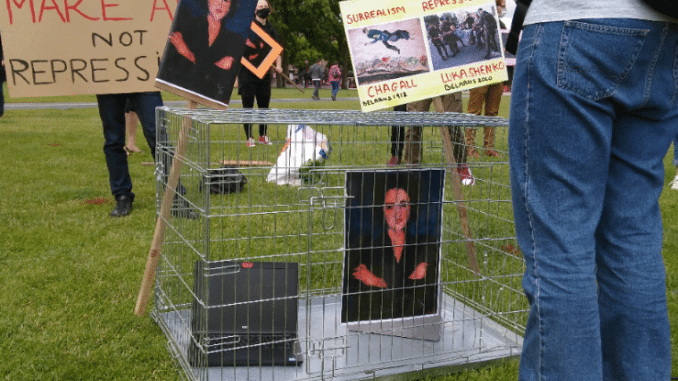
Something unusual is going on in Belarus (Belarus). Presidential elections are on 9 August and most probably the current president, who has been in power since 1994, will win again this time. But, the population is moving and speaking out and the regime seems to be under pressure more than in other years.
Five years ago, elections in the shadow of the Maidan revolution and war in Ukraine went very peacefully for Lukashenko and he extended his term without any problems. On the contrary, the elections before that, 10 years ago, were accompanied by large-scale arrests and long prison sentences, including of presidential candidates. The big difference with this year is that the arrests started even before candidate registrations were opened. For instance, a popular blogger, who did not hide his ambitions, was jailed even before registering as a candidate. Another popular candidate was arrested while collecting signatures for his candidature and subsequently not admitted as a candidate.
Tunisian parties fight each other out of parliament
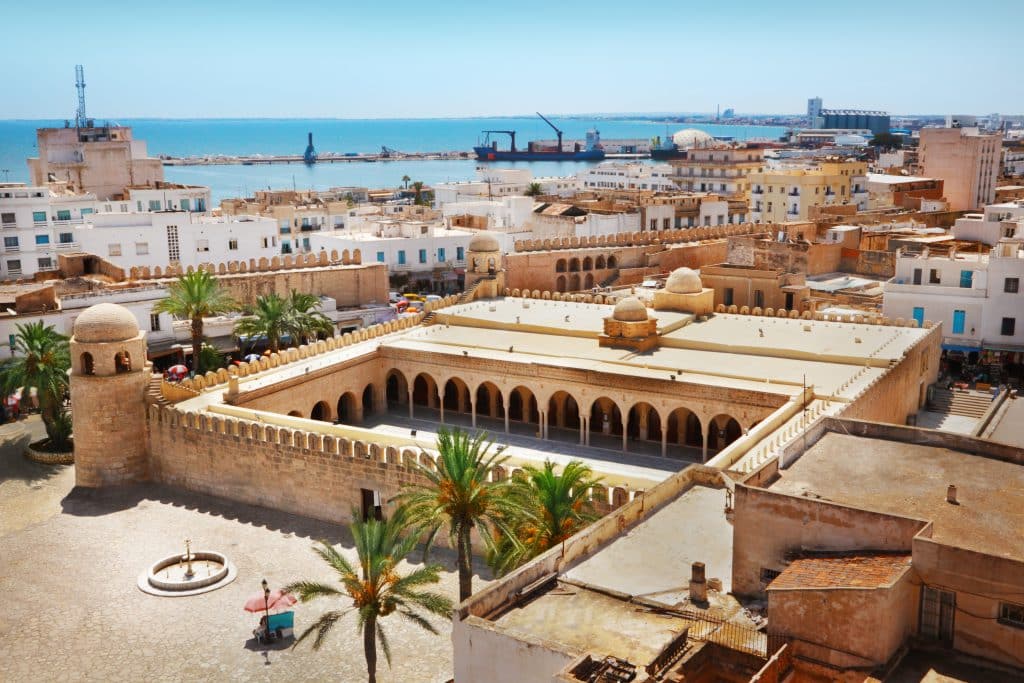
Less than a year after the parliamentary elections and five months after a new government took office, Tunisia is in a fierce political crisis. The prime minister has resigned, the speaker of parliament is awaiting a vote of no confidence, and all this while the country anxiously awaits an IMF deal to revive the economy.
Belarusians tear away from President Lukashenko
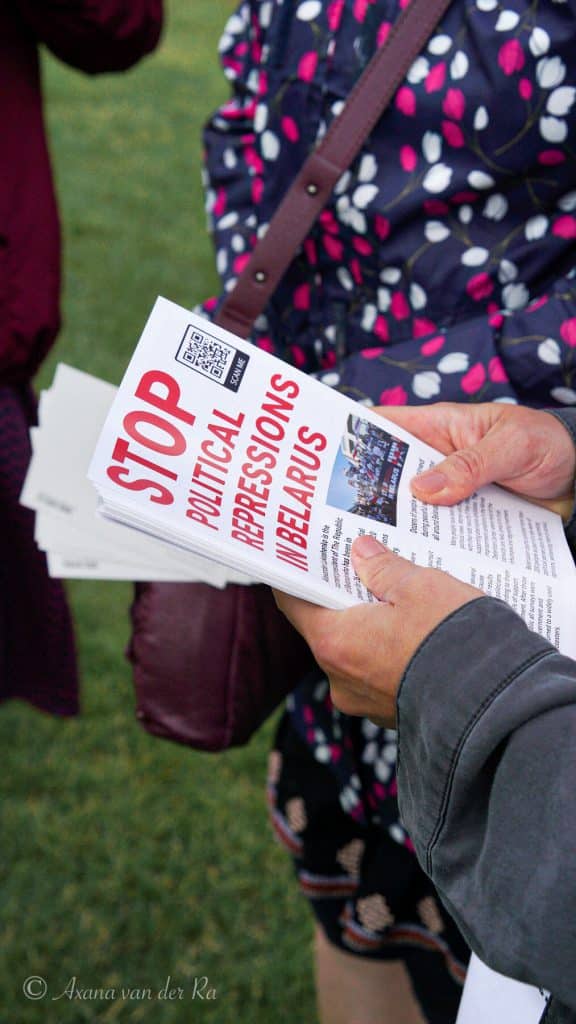
In the Republic of Belarus (Belarus), there have been protests for weeks against President Alexandr Lukashenko, who has been in power for 26 years. Democratic freedoms and values are not in his vocabulary. So far, more than 300 people, including one of his most promising challenger, Viktor Babariko, have been arrested during protests against the detention and exclusion of opposition candidates. These candidates were excluded during the presidential election on 9 August. Partly due to Lukashenko's corona policy and approach towards opposition candidates, activists, journalists, bloggers and vloggers, his support is rapidly crumbling. Harshly, the president is trying to maintain his power.
Political Leadership (series) part 2: types of leaders

The elections in the Netherlands are approaching. 17 March 2021 is the date. The FMS is conducting training courses in many countries. Political leadership is an important topic. What is involved in leadership? This series covers various aspects of it.
By Arjen Berkvens, director FMS
Political leadership (series) part 1: struggle

The elections in the Netherlands are approaching. 17 March 2021 is the date. The FMS is conducting training courses in many countries. Political leadership is an important topic. What is involved in leadership? This series covers various aspects of it.
By Arjen Berkvens, director FMS
Vucic party wins elections Serbia
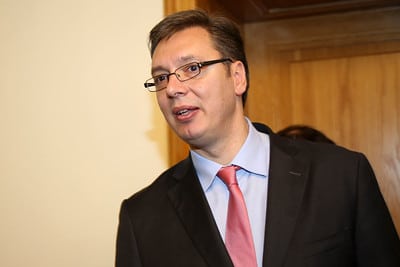
Vucic, who was prime minister before becoming president in 2017, is drawing more and more power to himself in Serbia. In the controversial parliamentary elections, which took place on Sunday 21 July, his right-wing populist party, the Serbian Progressive Party (SPS) triumphed in dubious fashion.
'Country of the Week' - Armenia
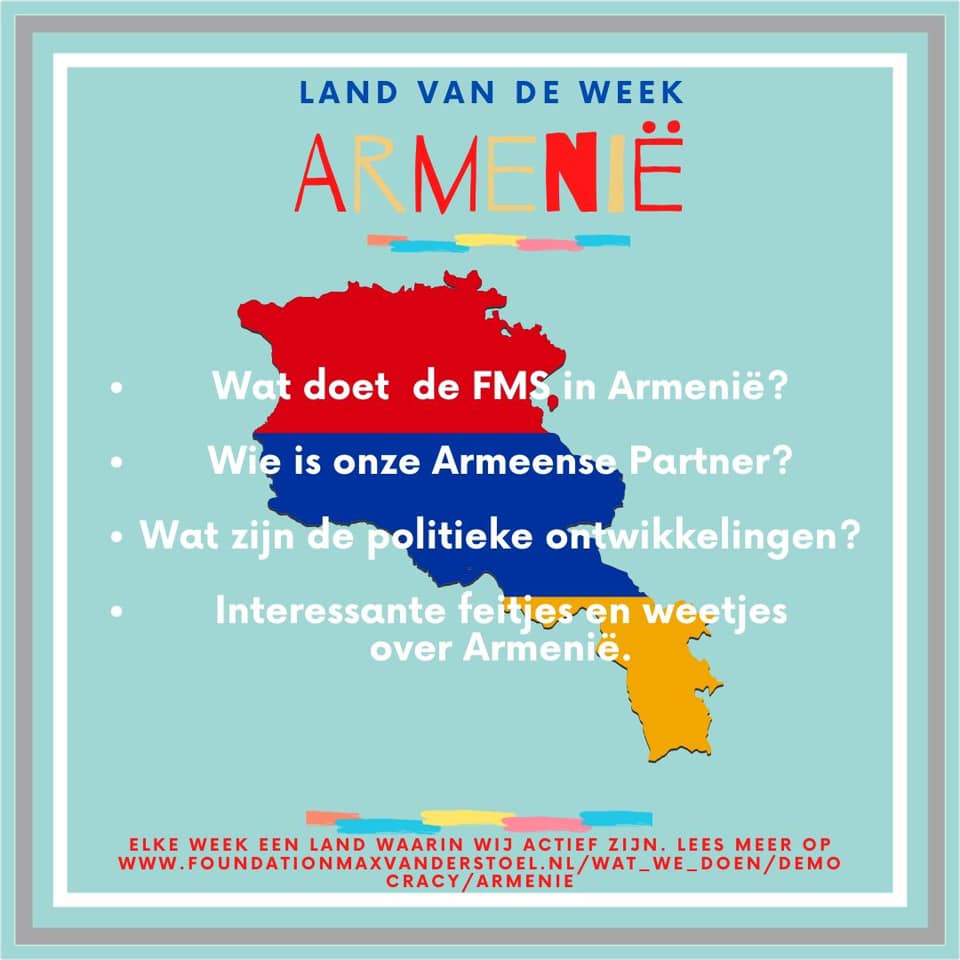
What exactly does FMS do? Where are you active? Who are your partners? Every week we will answer all these questions and more in our new initiative: 'Country of the Week'. Each time, we will highlight one of the countries in which we operate and highlight what we do there through videos, fun facts and stories from our projects! This week: Armenia!
'Country of the Week' - Serbia

What exactly does FMS do? Where are you active? Who are your partners? Every week we will answer all these questions and more in our new initiative: 'Country of the Week'. Each time, we will highlight one of the countries in which we operate and highlight what we do there through videos, fun facts and stories from our projects! This week: Serbia!

